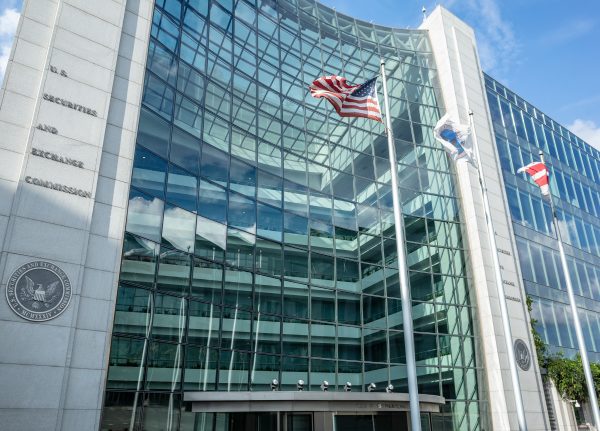A new conversation on music licensing is playing out on Capitol Hill, sparked by concerns from music licensees raised in early 2024. At the heart of the issue is the evolving role of performance rights organizations, or PROs—specifically, how they’re managing the influx of new members such as songwriters, composers, and music publishers, and the impact this may have on royalty distributions payments.
It shouldn’t come as a surprise that musicians, distributors, and businesses have often clashed over the complexity of music ownership and royalties. For decades, U.S. music licensing was relatively straightforward and dominated by the “big three” PROs— The American Society of Composers, Authors and Publishers (ASCAP), Broadcast Music Inc., (BMI), and Society of European Stage Authors and Composers (SESAC)—who represent songwriters and publishers while collecting royalties on their behalf.
However, since the early 2000s, the rise of streaming services and the emergence of additional PROs have significantly complicated the music licensing landscape, particularly for businesses like bars, restaurants, and hotels. In order to legally play popular songs written by composers affiliated with various organizations venue owners today must often secure licenses from newer stakeholders such as Global Music Rights, AllTrack, and Pro Music Rights in addition to the Big Three. The fragmented process has not only pushed costs up but has also created additional hoops for business owners to jump through while juggling multiple licensing agreements. This in turn has triggered a growing concern over transparency and the long-term structure of music licensing—raising calls in D.C., for reform and a reevaluation of how the world of music licenses are navigated.
Rise of Fractional Licensing Increases Compliance Burden for Businesses
This confusion around licensing rights has been amplified by a practice known as fractional licensing. Many popular songs today are written by multiple people, each potentially represented by a different PRO. That means to legally play just one song, a business may need to secure licenses from all PROs involved.
It didn’t always work this way. In the past, any one copyright holder could license the full song, then share the royalties with co-writers. But that model has been legally challenged and ultimately struck down. Now, every owner must agree, which means users can’t just “pick a PRO and go.” Instead, they have to make sure they’re fully covered—often by licensing the same song from multiple organizations.
Lack of Ownership Transparency Complicates Licensing for Music Users
With multiple PROs claiming rights to the same song, or even just a fraction of it—it becomes difficult for business to know if they’ve properly licensed the music. Unfortunately for many companies there’s no single, reliable database that shows who owns what. While some PROs publish their catalogs, they often admit those listings may be incomplete or inaccurate, making things especially challenging for small businesses trying to stay compliant without legal teams or licensing experts.
Legal Disputes Highlight the Risks of Improper Music Licensing
As recently as March 2025, Congress Hall, a historic hotel resort in Cape May, New Jersey was named in a federal lawsuit filed by ASCAP, along with 15 other U.S. businesses. According to the suit, the hotel and other local establishments played music from popular recording artists without a valid license, meaning the songwriters and publishers were not compensated. ASCAP is seeking damages between $750 and $30,000 for each unlicensed song played, citing four specific songs performed at Congress Hall in December 2024. The legal action is part of ASCAP’s broader effort to enforce licensing requirements and secure royalties for its composers and artists.
What’s Next: Legislative Review May Offer Path Toward Licensing Reform
With more PROs, overlapping claims, and no central source of truth, the music licensing process has become burdensome for users and often confusing even for rights holders. Congress is now listening and considering whether legislation is needed to simplify and clarify the process. Until then, music users must continue navigating an increasingly complex system—often at their own risk.
___________________________________
We highly recommend you confer with your Miller Kaplan advisor to understand your specific situation and how this may impact you.



